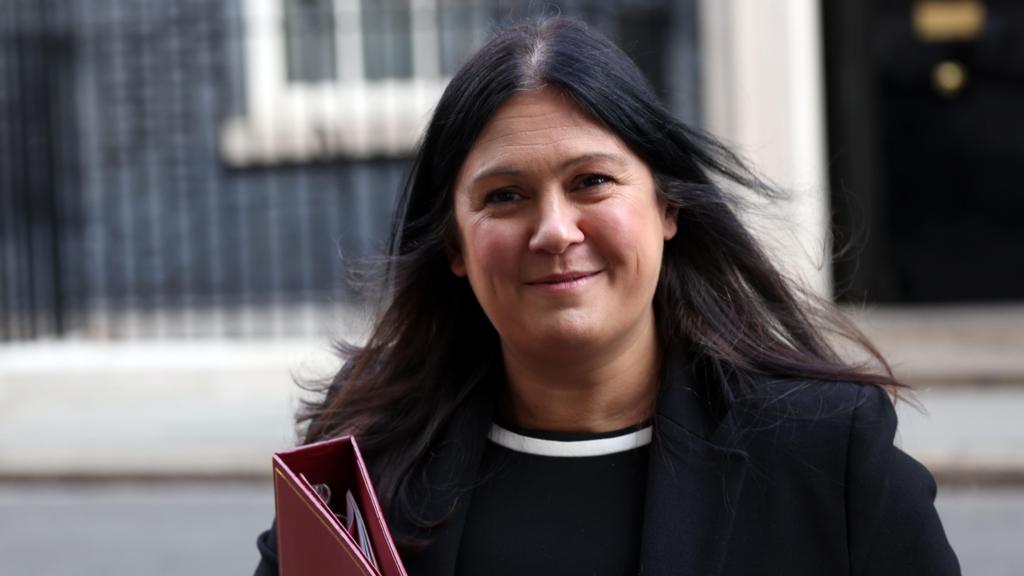The Culture Secretary has described the BBC’s licence fee as “unenforceable” and emphasised that “all options remain under consideration” as the government prepares to review the broadcaster’s current funding arrangement later this year.
Speaking to the Daily Telegraph, Lisa Nandy acknowledged there are “challenges” with the annual levy, noting that “fewer and fewer people” are paying the current £174.50 fee.
The charter—set to expire in 2027 and now under scrutiny—is the formal agreement between the BBC and the government, establishing the corporation’s remit, including the funding model via the licence fee.
A BBC spokesperson said the organisation looks forward to collaborating with the government to ensure the corporation’s long-term viability.
Nandy has already initiated discussions with the BBC regarding its financial model.
Currently, the licence fee provides the bulk of the BBC’s income—last year, the broadcaster received £3.7 billion, representing about two-thirds of its total revenue.
“We are open to exploring alternative systems,” Nandy told the Telegraph, but acknowledged that no single preferred solution has yet been advanced.
She added that the government intends to seek public input in developing any future model, aspiring to “a fairer, more sustainable system.”
According to BBC data, approximately 80% of households currently pay the licence fee.
Nandy commented: “We’re aware of the difficulties with the licence fee. The number of people paying it is in steady decline.
“It’s become unenforceable and I have been especially concerned by historical enforcement practices, particularly regarding vulnerable women—something the BBC itself has acknowledged.”
Two BBC-commissioned reviews identified societal factors behind a gender disparity in prosecutions.
A 2017 assessment pointed to an overrepresentation of women in single-person households, a higher likelihood of women opening the door to TV Licensing officers, and an increased tendency to engage with them.
In 2023, the BBC announced measures aimed at decreasing the disproportionate number of women prosecuted for licence fee non-payment, after data revealed that women accounted for 76% of the 52,376 convictions recorded in 2020.
Nandy has previously characterised the licence fee as “deeply regressive” and indicated she is considering “radical and innovative” alternatives. However, the minister has explicitly ruled out general taxation as a means to fund the BBC.
She has, nevertheless, signalled openness to a subscription-based approach.
Last month, in an interview with The Sunday Times, the corporation’s chairman suggested higher-income households could pay a greater share.
A BBC spokesperson commented: “The public values the BBC, and we have launched our most extensive public consultation to date so audiences can help inform the future of a universal and independent BBC.
“Our aim is to continue evolving as an organisation and we look forward to engaging constructively with government over the next Charter period to secure the BBC’s long-term future.”
With the BBC addressing instances of staff misconduct, questions arise about the next phase for the corporation.
An independent review into the BBC workplace environment was launched after allegations involving Huw Edwards.
Meanwhile, a sequel to Another Simple Favour is set for release and Samantha Crain unveils her latest album.
Wallace stepped aside from presenting MasterChef last November following allegations concerning his conduct.
Former cricketer and television presenter Andrew ‘Freddie’ Flintoff has spoken publicly about his car accident for the first time.

